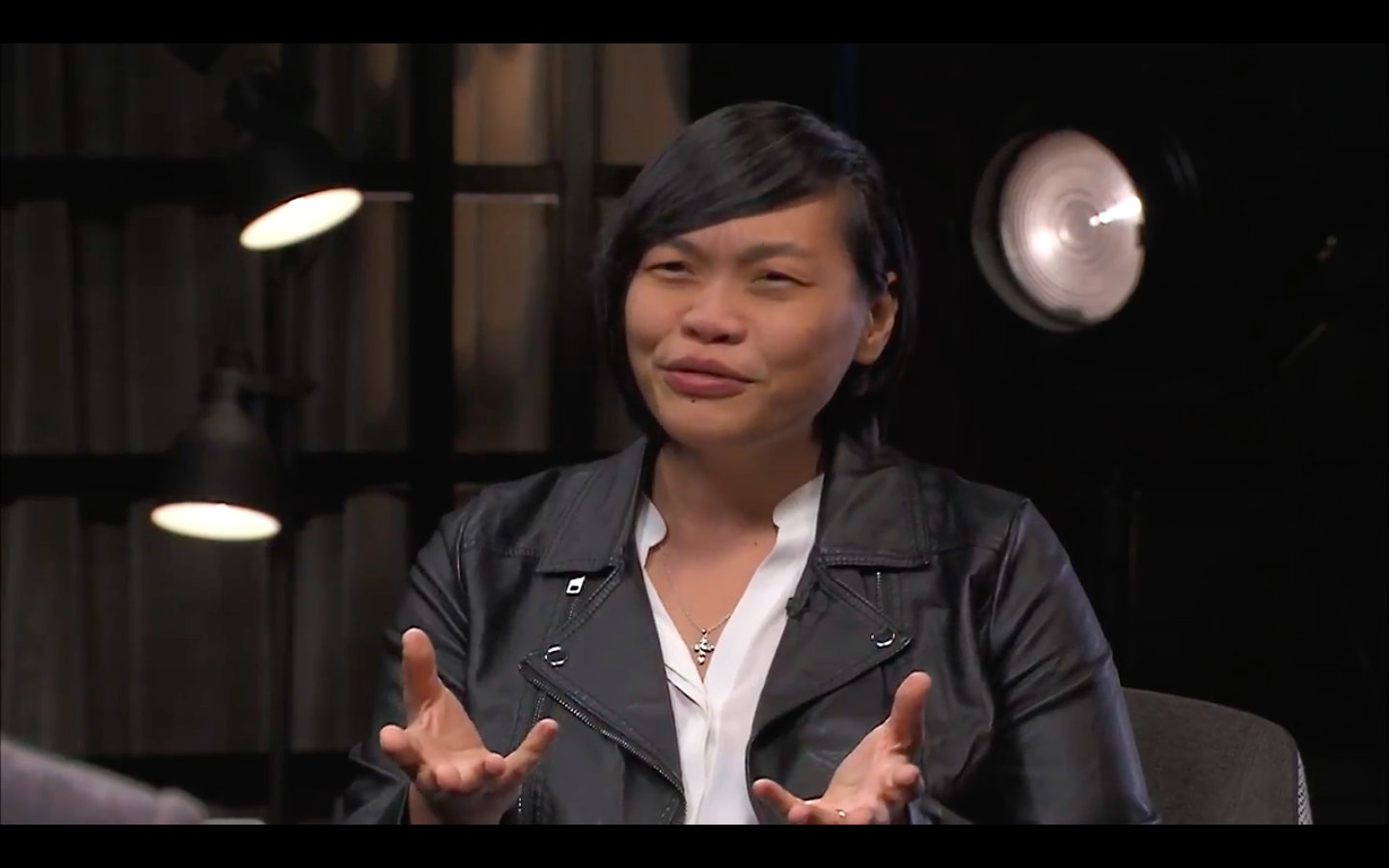Outgoing Nominated Member of Parliament Kuik Shiao-Yin is known for her compelling speeches about various topics in Singapore, especially concerning youth.
She has previously talked about the cost of living:
And also about the need for greater acceptance of dissenting voices:
Of course, there were more. But we're here to tell you about her latest Parliamentary speech — this time on her pet topic: education.
And here's what she had to say about it:
1. Teachers are struggling to cope
Kuik says she has learned from educators that their top three asks when it comes to things that can be better about our system are:
- Allow more time for teaching and learning,
- Reduce class sizes, and
- Abolish high-stakes exams.
School calendars are so busy that teachers struggle to find time for actual teaching. Kuik says teachers recognise the need to expand their work scopes to "broaden their skill sets", but they now find they have little time to master their craft because they're busy doing administrative work, organising events, managing co-curricular activities and more.
She adds that teachers find it tough to pay individual attention to their students too — class sizes, she says, are on average a little more than 33 students at primary and secondary levels. But in Organisation for Economic Cooperation and Development countries, she notes, that number is between 21 and 24.
[related_story]
Kuik says, since our birth rates have been declining and schools have been closing, reducing class sizes on the whole may be an idea worth plausibly considering. Additionally, she challenges the assumption that tertiary level students, which on the whole have much smaller classes, need more individual attention than younger ones, arguing that in fact it should go the other way:
"If education is about helping learners gain in confidence and ability to manage their own learning process, then shouldn’t the smallest classes and the greatest availability of teacher support be with the youngest children?"
She also used the analogy of chickens in a coop:
"Is it for helping learners just swallow large amounts of information? If so, we can understand why huge class sizes are still tolerable because it is like raising battery hens. You can cram a lot of them in one room because you are feeding them all the same thing anyway. My hope and bias of course is that we go for smaller classes that help us raise more free-range, free- thinking independent learners because I am not sure battery cage learners will be ready to out-think and out-run the rest of the world."
2. Abolishing PSLE isn't necessarily the solution
Kuik spoke at length about the idea to abolish the PSLE, stating her belief that it will not only not solve all the stresses parents and students feel, but may also cause more problems.
She notes at the same time that existing tweaks to how results are displayed and banded are not sufficient to people's minds, observing at the same time that behaviour is not changing on the ground — in fact, the tuition industry is depending on people's mentalities not changing as much as the government wants them to.
Kuik listed some of the impacts of scrapping the PSLE on the education system: perhaps no more streaming in both primary and secondary school, primary school teachers having to return to the curriculum drawing board, MOE having to find a new way to assess quality sans PSLE data, the funding of schools, their special status and various types of admissions, for instance.
Kuik thinks these changes would take up to a decade to iron out, but believes life will be better afterward. She concludes she hopes the abolishment of PSLE will eventually happen.
3. Give more help to vulnerable young children to overcome the literacy gap
Kuik rounded off her speech by citing research showing that intervening early in the lives of children from low-SES households helps significantly in reducing the learning gap in the years that follow, when they start going to school.
She spoke about ground-up initiative ReadAble, and suggested some of the following ideas:
- To place a personalised mini-library in low-SES households for children who might request it,
- For the government to lend greater support to ground-up or community initiatives to help them benefit more children in need, and
- To see if there is a way to assist migrant mothers in better supporting their children's educational progress — because many migrant moms can't find full-time employment or proper education.
She concluded by highlighting the example of Northlight, a school she says includes all the ideal characteristics of a system that promotes a healthy learning environment for students and teachers — even saying she would "gladly send (her) child there".
You can read Kuik's speech in full here:
Here are Education Minister Ong Ye Kung's and Second Education Minister Indranee Rajah's responses to her and other NMP and MPs' speeches on this parliamentary motion:Top photo: screenshot via YouTube video
If you like what you read, follow us on Facebook, Instagram, Twitter and Telegram to get the latest updates.
